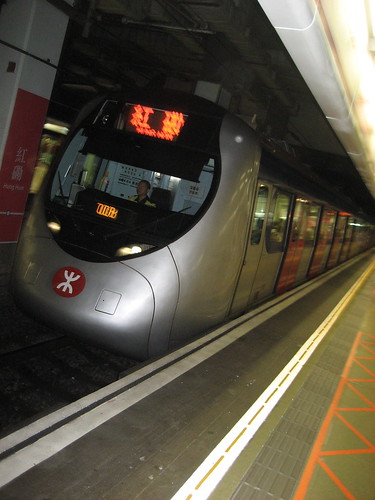By: David Zetland of
AguanomicsTim and Chris asked me to turn my California perspective on Canada's water situation. I won't talk about pollution from refining tar sands, aquifer depletion in the plains, unsustainable "traditional" fisheries and farms in Nova Scotia, Quebec's hydropower, or the water-people mismatch in Nunavut. Instead, I will talk about those great big lakes full of fresh water.
I was chatting with one of your neighbors about the potential for marking water from the Great Lakes. I told him that "you folks" should define diversions, clarify water rights, and create a market for trading rights.
"But David," he said. "There's so much water that the price is sure to be $0. Demand is so small compared to supply."
"Ahhh, but that's the point."
Apparently people are getting all excited and upset about Great Lakes water when it's really too abundant to worry about. A $0 price for water signifies one of two things. Either people are making senseless arguements about its precious nature when supply far exceeds demand, or people are making sensible arguments that need to be integrated into our definitions of supply and demand. In either case, we need more objective facts (prices) and fewer subjective emotions.
You tell me if I'm right or missed something.
But let's just assume for the moment that the price really would be $0. Does that mean that a market and prices are a bad idea?
No. First of all, it's useful to set up a framework when there is still plenty of water around. If the price rises above $0, then people will know that water is getting more scarce. Second, the value of water is always higher than its price. There's no need to fear that a $0 price connotes a $0 value.
Third, it's important to get market signals -- prices -- out there early. Water shortages are manmade, and they often show up because bureaucrats in charge of allocation do not aggregate all of the supply and demand signals that a market would. Bureaucrats would still keep their jobs (whew!), but they would make sure that the market -- rights, trades, delivery -- was functioning.
But some of you might be wondering if we don't already have a price for water, the price that appears on your monthly water bills. Well, no you don't. Those bills reflect the cost of delivering pressurized clean water 24/7. They reflect the cost of pipes, energy and salaries that go into that service. They do NOT reflect the price (or value) of water. That price is $0, not just because there's no market, but because most of your water comes from utilities that have a right to divert as much as they want from lakes, rivers or aquifers into the water distribution system.
By the way, your cost of service may be flat rate -- an all-you-can-eat fixed charge -- or uniform rate -- the more you use, the more you pay, but either system is based on recovering the cost of the system, not "paying for water." Note that uniform rates tend to reduce consumption (the same way that paying per liter of petrol does); they also make heavy water users pay for a larger share -- their "fair" share -- of the system costs.
It may not make sense to switch to meters -- if their installation cost is much greater than the water savings -- but they are the best first step towards promoting water conservation. (I wonder if farmers in the Plains buy metered water?)
Bottom Line: Good water management is equitable, efficient and sustainable. Don't start too late, or you'll follow California into a deep dark hole of "how the hell are we going to get out of this?"
Dr. David Zetland has a PhD in Agricultural and Resource Economics from the University of California, Davis. Currently, he is S.v. Ciriacy-Wantrup Postdoctoral Fellow in Natural Resource Economics and Political Economy, University of California, Berkeley.









